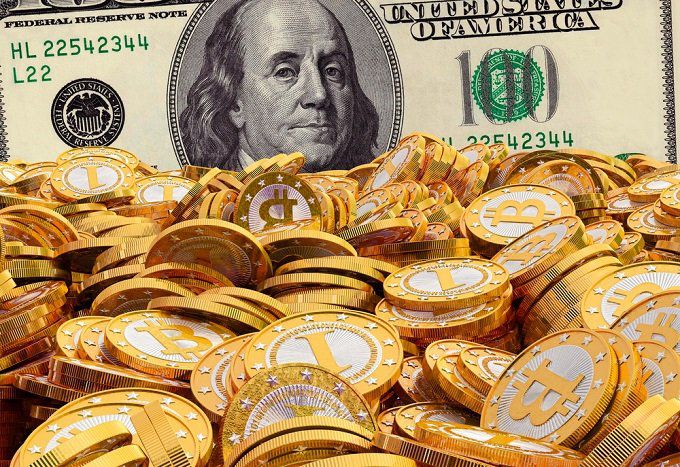BY DAYO ADESULU
Following the economic sanctions meted on Russia over President Vladimir Putin’s invasion of Ukraine, pressure is being mounted on operators of crypto exchanges to freeze Russian accounts on their trading platforms and wallets.
It’s believed that this measure would further inflict economic sanction on the Russians who see the cryptocurrency which operates on blockchain technology as an escape route.
With these sanctions imposed on the banking sector and people inside Russia turning to cryptocurrency, pressure has begun to mount on centralized exchanges (CEXs) — crypto exchanges operated by a centralized entity — to block access to Russian users.
Therefore, leading exchanges Binance and Coinbase have been under pressure from authorities of the United States of America and the European countries to freeze Russian wallets on their trading platforms.
Fillers have indicated that the Binance exchanges may comply with some of the sanctions but stopped short of committing to freezing all accounts in Russia unless a legal obligation is presented.
In the same vein, Coinbase, the largest U.S exchange, recently announced it has blocked 25,000 wallet addresses believed to be associated with Russian individuals and entities engaging in illicit activities. Coinbase, however, said it would not impose a blanket ban on Russian accounts in response to the Russian-Ukrainian conflict.
- #UkraineRussiaWar: Biden To Issue Executive Order on Cryptocurrency Regulation
- Crypto Boom Near As Russia Set To Replace SWIFT With Cryptocurrency And SPFS
- Crypto Investors Warned As Russia May Seize Western Digital Assets In Retaliation Over Sanctions
- Russia Now Accepts To Regulate Cryptocurrency
Meanwhile, stakeholders in the industry are questioning the authority of exchange to freeze traders’ or investors’ accounts on their trading platforms over sanctions on their countries.
Many are arguing that development goes against the principles of decentralization, while others stress that CEXs operate as businesses and should comply with international rules. What’s your take, please?
The western world is lobbying crypto exchanges to ensure no escape route for Russian sanctions, as the country’s data shows many Russians have turned to cryptocurrencies as a store of value and means of transacting.
The country has resulted in cryptocurrencies following a sharp drop in the ruble and some of the nation’s banks blocked from using a key international payments system.
Recall that among the sanctions designed to punish Putin for his attack on Ukraine, February 26 was to ban seven Russian banks from using the Society for Worldwide Interbank Financial Telecommunication (SWIFT), the global banking communication platform.
Forkast reports quoted one Russian ex-pat — who requested anonymity for fear of reprisal as saying the global initiative surprisingly limits the ability of Russian banks to send or receive remittances. The source describes it as a “financial nuclear bomb”.
Gleb Jout, head of Russia at crypto exchange Bitget said: “Even people who were not in crypto at all are now considering how to get Bitcoin, Ethereum, or USDT and basically save some of their money before the country hits a period of extreme hyperinflation, which is already starting now.”
Bitcoin has long been regarded as an alternative currency to fiat and has been used as a store of value and as a means of transaction.
The Russian currency has fallen by 45% since mid-February to trade at ₽136.50 per U.S. dollar. For many Russians the decline in the currency is eerily reminiscent of the financial crisis in 1998 which saw the ruble tumble from ₽6 to ₽21 per U.S. dollar over a three-week period in September, wiping out the savings of many households.
Jout said he recently relocated to Turkey from Moscow to establish a foreign base from which to help provide financial support to his family back in Russia.
“The adoption is coming and it’s very, very real,” Jout said. “Especially in Russia, because you have a population of 145 million and I expect that maybe within this year 15% to 25% of them are going to be totally onboarded into cryptocurrency.”
He added that crypto has taken off in urban areas thanks to graffiti and other forms of underground messaging that promote the blockchain as a way to protect funds from devaluation.
“It’s a guerilla movement because you can’t have influencers and celebrities really come out and openly speak about Bitcoin,” he said.


